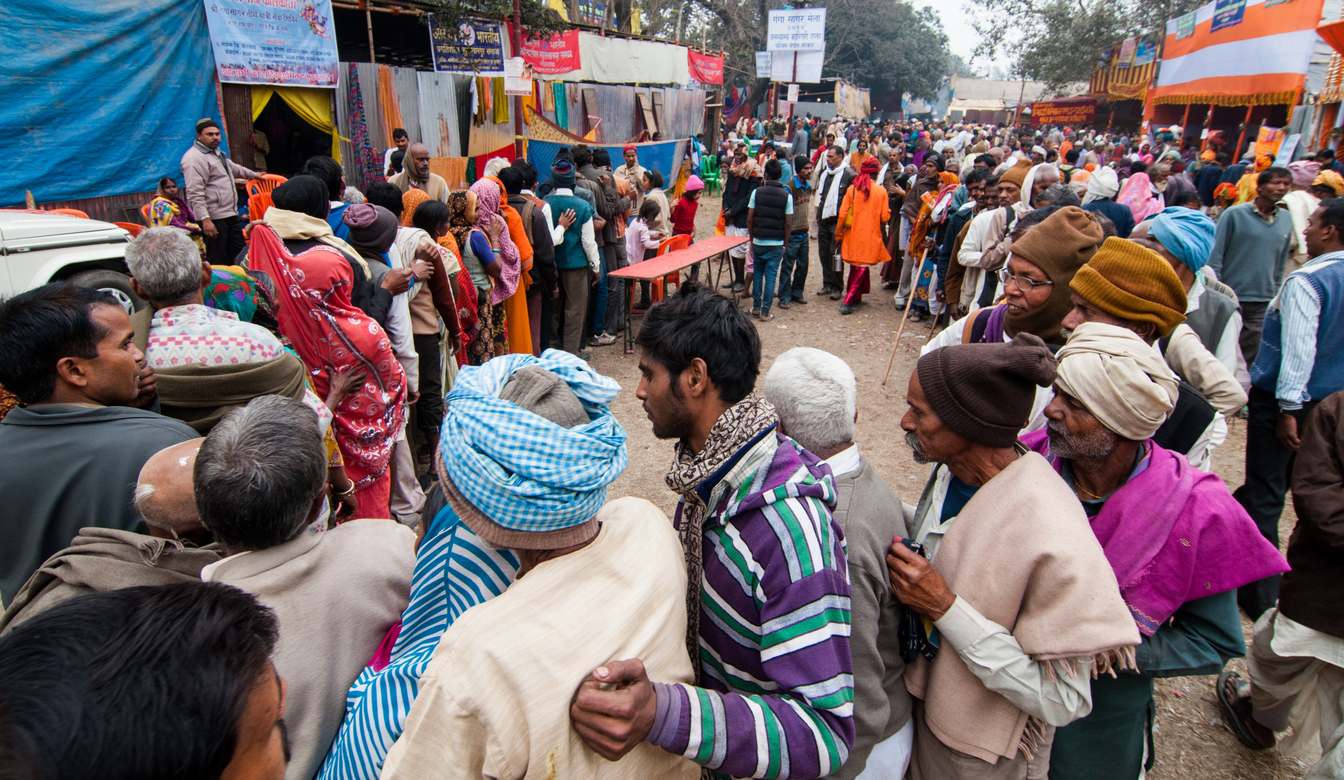
TN welcomes sub-quota panel's recommendation for 8%-10% reservation

The Rohini commission, set up in October 2017, to look into the sub categorisation of the quota in central jobs and higher educational institutions in the other backward class category is all set to set to fix the percentage between 8 and 10 per cent.
According to a report that appeared in the Indian Express on May 9, out of the 27 per cent, the sub quota would help half of the 1,900-odd castes in the category avail benefits. The recommendation comes after it was found that they had received less than three per cent of the benefits in jobs and education, while the other half hasn’t got any benefit at all, in the last five years.
The recommendations of Justice (Retd) G Rohini will be submitted before the expiry of its term in May 2019, as per the report.
The Pataali Makkal Katchi has welcomed the sub-quota, saying that the OBC category is not homogenous. Speaking to The Federal, PMK’s R Senthil Kumar, a former MP, said, “The category is stratified with graded inequalities. In such circumstances, we need a graded approach as well.” He added that Tamil Nadu brought about the “Most Backward Classes” category for the same reason.
G Karunanidhi, general secretary, All India Other Backward Castes Employees Federation, who had made a recommendation to the commission in January 2018, says that the existing 27 per cent quota has not been realised to its full potential for the sub quota suggestion to work. He said, “The reservation should be at 52 per cent, as recommended by the Mandal Commission before looking at a fixed quota within it.” The government is hesitant to increase the quota beyond 50 per cent following a Supreme Court order.
In a major step, Tamil Nadu Chief Minister the late J Jayalalithaa amended the Ninth schedule of the constitution with the Tamil Nadu Backward Classes, Schedule Castes and Scheduled Tribes (Reservation of seats in educational institutions and appointments or posts in service under the state) Act, 1993 to retain the policy, even as a SC judgment had made the high per cent of reservation in the state untenable.
Karunanidhi further said Tamil Nadu that has been having reservation policy since 1928 came up with the MBC quota of 20 per cent after almost six decades, following which Andhra and Bihar too came up with a similar policy. He observed, “There are many departments in the central government where OBCs have not reached 10 per cent. In such a scenario, a sub quota will create problems. Tamil Nadu has a total reservation of 69 per cent of which 50 per cent is for OBCs.”
He added that while the reservation policy is based on caste, the poorest in all the categories do not get benefits. He explained that while the reservation policy was introduced in late 1980s by the Central Government, it was only in 2000 that banks started recruiting on the basis of reservation. “Take the reservation of 15 per cent quota for the scheduled castes introduced in the 1960s, you will find the actual reservation benefits achieved has reached around 13 per cent just now.”


